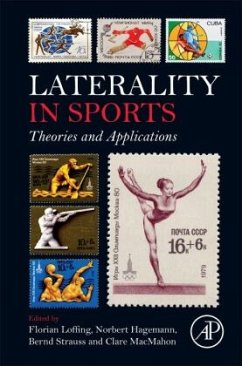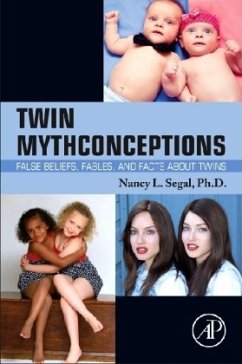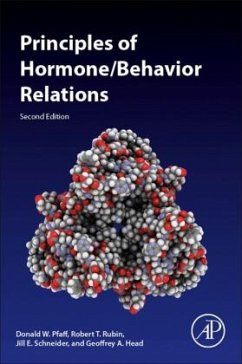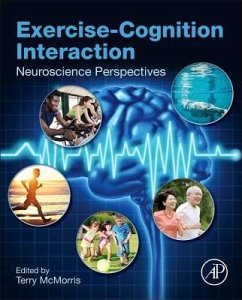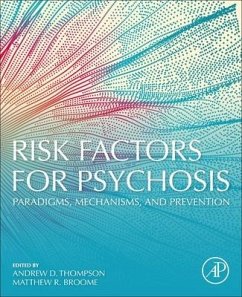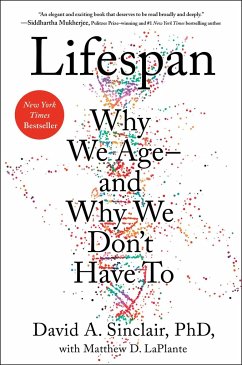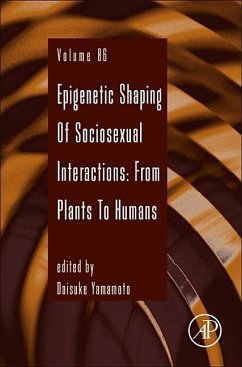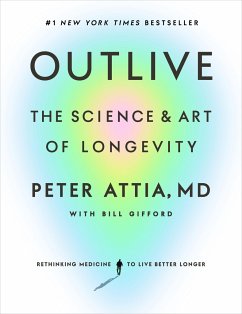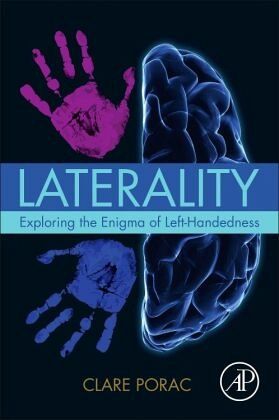
Laterality
Exploring the Enigma of Left-Handedness

PAYBACK Punkte
17 °P sammeln!
Left-handedness has been connected to many different conditions, traits, and abilities. This is especially true for pathological syndromes, such as schizophrenia, along with learning disabilities and autism. The published research on handedness is vast and frequently contradictory, often raising more questions than providing answers. Questions such as: Is handedness genetic? Can handedness be changed? Are there consequences to training someone to switch handedness? Are there positive traits associated with left-handedness like creativity? Are there negative traits associated with left-handedne...
Left-handedness has been connected to many different conditions, traits, and abilities. This is especially true for pathological syndromes, such as schizophrenia, along with learning disabilities and autism. The published research on handedness is vast and frequently contradictory, often raising more questions than providing answers. Questions such as:
Is handedness genetic? Can handedness be changed? Are there consequences to training someone to switch handedness? Are there positive traits associated with left-handedness like creativity? Are there negative traits associated with left-handedness like trouble reading maps? Is it abnormal to do some things right-handed and other things left-handed? Are the brains of left-handers different from the brains of right-handers?
Laterality: Exploring the Enigma of Left-Handedness examines the research conducted over the past 50 years with special emphasis on twenty-first century research on handedness and translates this literature into an accessible and readable form. Each chapter is based on a question or questions covering diverse topics such as genetic and biological origins of handedness, familial and hormonal influences on handedness, and the effects of a majority right-handed world on the behaviors of left-handers.
Is handedness genetic? Can handedness be changed? Are there consequences to training someone to switch handedness? Are there positive traits associated with left-handedness like creativity? Are there negative traits associated with left-handedness like trouble reading maps? Is it abnormal to do some things right-handed and other things left-handed? Are the brains of left-handers different from the brains of right-handers?
Laterality: Exploring the Enigma of Left-Handedness examines the research conducted over the past 50 years with special emphasis on twenty-first century research on handedness and translates this literature into an accessible and readable form. Each chapter is based on a question or questions covering diverse topics such as genetic and biological origins of handedness, familial and hormonal influences on handedness, and the effects of a majority right-handed world on the behaviors of left-handers.




